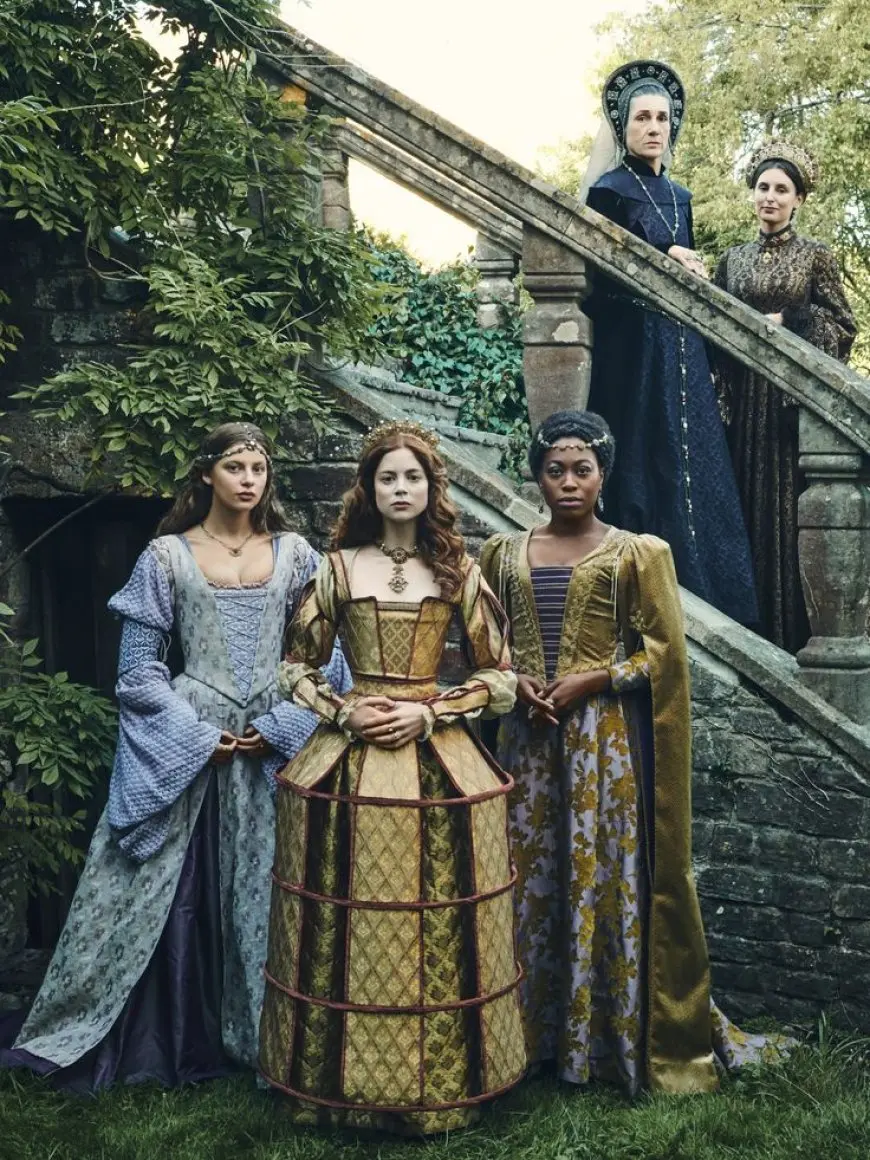Why Historical Dramas Are So Popular
Why Historical Dramas Are So Popular

Historical dramas have long been a popular genre in film and television, captivating audiences with their blend of real events and compelling storytelling. These dramas transport viewers to different time periods, offering a glimpse into the past while often exploring timeless themes. From epic tales of war and revolution to intimate stories of personal triumphs and tragedies, historical dramas continue to resonate with people of all ages. So, what makes them so appealing, and why do they remain a staple in entertainment?
A Connection to the Past
One of the primary reasons historical dramas are so popular is their ability to connect audiences with the past. These stories allow viewers to experience historical events through the lens of fiction, bringing history to life in a way that textbooks and documentaries may not. Whether it’s the grandeur of ancient civilizations, the turmoil of world wars, or the social upheavals of more recent history, historical dramas allow people to witness the pivotal moments that have shaped the world. By immersing audiences in these events, historical dramas help them better understand how the past influences the present.
Emotional Engagement
Historical dramas often depict deeply emotional stories of love, loss, ambition, and betrayal, all set against the backdrop of significant historical events. By focusing on personal narratives within larger historical contexts, these dramas create a bridge between the viewer’s world and the past. Characters in historical dramas often face struggles that are universal, such as the pursuit of justice, the desire for freedom, or the impact of societal change. These relatable themes, combined with the intrigue of historical settings, draw viewers in emotionally, making the storylines more engaging.
Cinematic Quality and Attention to Detail
Another reason for the popularity of historical dramas is their production value. These films and shows often feature impressive set designs, period-accurate costumes, and stunning cinematography that transport audiences into another era. Filmmakers put great care into recreating the look and feel of the past, ensuring that every detail—from the architecture to the props—is meticulously crafted. This attention to detail enhances the immersive experience, making historical dramas visually captivating and a treat for lovers of art and history alike.
Learning Through Entertainment
Historical dramas also provide a unique opportunity to learn about history in an engaging way. While they may take some creative liberties with historical facts, many historical dramas are based on true events and figures. This blend of fact and fiction can spark an interest in learning more about the events and individuals depicted in the story. For example, a drama about the life of a famous ruler or a pivotal battle can inspire viewers to delve deeper into historical research. As a result, historical dramas often act as a gateway to further exploration and understanding of history.
Escapism and Nostalgia
For many viewers, historical dramas offer a form of escapism. The chance to immerse oneself in a different time period, free from the pressures of modern life, can be both comforting and exciting. These dramas also appeal to nostalgia, as they evoke feelings of longing for simpler or more romanticized times. For example, stories set in the Victorian era or medieval times can transport audiences to a world filled with elegance, adventure, and intrigue. This sense of nostalgia can make the viewing experience particularly enjoyable, as people are drawn to the allure of past eras.
Timeless Themes and Social Commentary
Although historical dramas are rooted in specific time periods, they often explore themes that remain relevant across generations. Issues such as power, corruption, revolution, class struggles, and human rights are prevalent in many historical narratives and continue to resonate with modern audiences. These dramas provide a platform for social commentary, allowing viewers to reflect on how societal issues from the past continue to influence contemporary society. In this way, historical dramas are not just entertaining but also thought-provoking, offering insights into the human condition.
Diverse Representation of History
In recent years, there has been a growing emphasis on telling a more diverse and inclusive range of historical stories. While traditional historical dramas often focused on well-known figures and events from Western history, modern historical dramas are increasingly exploring the experiences of marginalized groups, as well as the histories of non-Western cultures. This shift allows for a more nuanced and comprehensive understanding of history, making these dramas even more relevant and appealing to a wider audience.
The popularity of historical dramas can be attributed to their ability to engage audiences emotionally, provide an escape into the past, and offer valuable insights into history. Through compelling characters, meticulously recreated settings, and thought-provoking themes, these dramas continue to capture the imaginations of viewers around the world. As society evolves, historical dramas will likely continue to be a popular genre, with filmmakers finding new ways to tell the stories of the past and connect them to contemporary issues.







